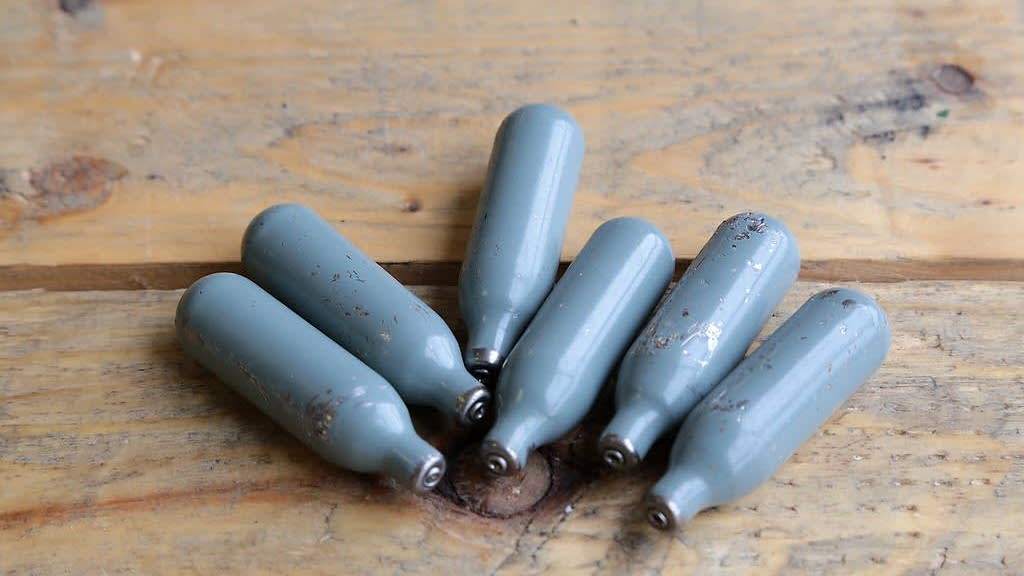Published
Sat, Sep 9, 2023, 09:30
- For the first time, possession of the popular party drug will be a crime, with users facing up to two years in prison.

Nitrous oxide, AKA laughing gas, will be illegal in the UK by the end of the year and controlled under the Misuse of Drugs Act 1971.
For the first time, possession of the soon-to-be Class C drug will be a crime. This means users (up to two years) and suppliers (up to 14 years) could face prison sentences. The ban forms part of the government's £160m Anti-Social Behaviour Action Plan for England and Wales, which targets rough sleepers and empowers landlords to evict tenants faster.
Back in 2021, the Advisory Council on the Misuse of Drugs (ACMD) rejected calls for nitrous oxide to be banned. But demands to implement the ban were reiterated again in February by Crime and Policing Minister Chris Philip. The drug is popular in the electronic music scene, especially after club nights and at festivals.
Professor David Nutt, chair of UK independent body Drug Science, told Resident Advisor that the Psychoactive Substances Act 2016 already makes it illegal to supply and produce nitrous oxide. He said prohibition has led young people to find more harmful ways of using the substance.
"The rise in harms from nitrous oxide is a direct result of the banning of whippets, which has led people to use cylinders that are harder to detect," he said. "These deliver much greater and hence more harmful amounts. Note, they're illegal to sell, so enforcing this would be the most sensible approach—not criminalising users."
The ban, Nutt added, shows the government "just wants to punish kids who are using, which is cruel and destructive." A better approach, he said, would be to allow a limit of ten whippets per person for personal use and a deposit scheme "so they get returned and not left littering the road."
Ester Kincová at Transform Drug Policy Foundation agreed that by going against the advice of its own experts, the government's incrimination of young people will cause more harm than good. She said there's no evidence to show the ban will prevent further use of nitrous oxide. Instead, it will "make use riskier and create barriers to seeking help for those who need it."
She added: "This policy isn't in the best interest of society–we'll see more young people getting criminal records, which will impact them for the rest of their lives while burdening already overstretched police resources." The government, she said, should treat this as a health not a criminal issue by investing in "targeted education and harm reduction."
Nitrous oxide is used as an analgesic in medicine and dentistry, and for making whipped cream. According to the government, it's the third most used drug among 16 to 24-year-olds in England. Regular use can lead to vitamin B12 deficiency, a form of anaemia and in more severe cases, nerve damage or paralysis. According to the Office for National Statistics (ONS), there were 56 registered deaths involving nitrous oxide in England and Wales between 2001 and 2020.